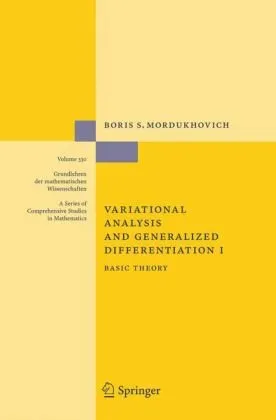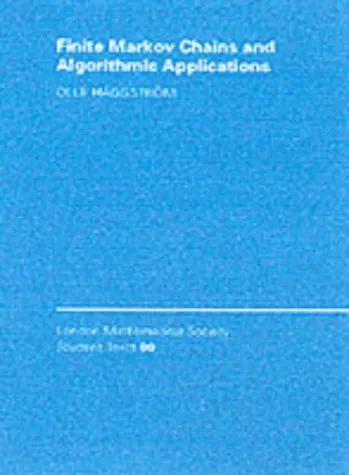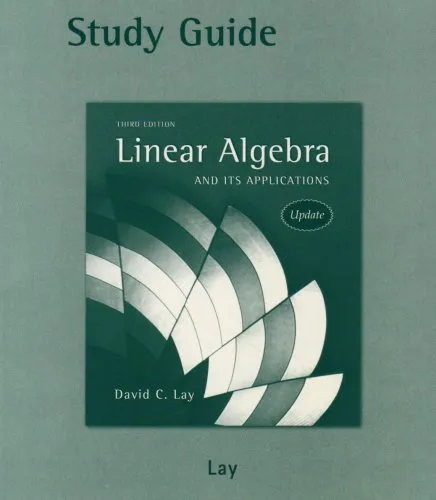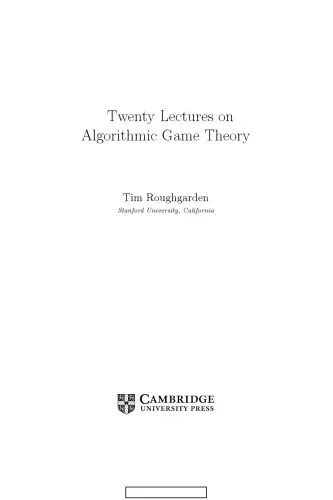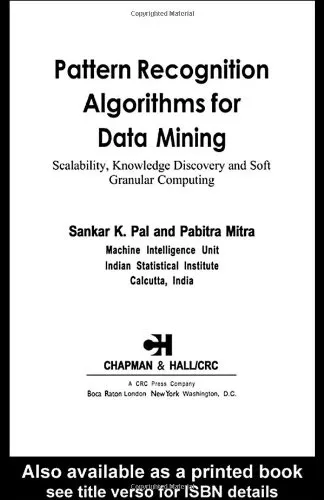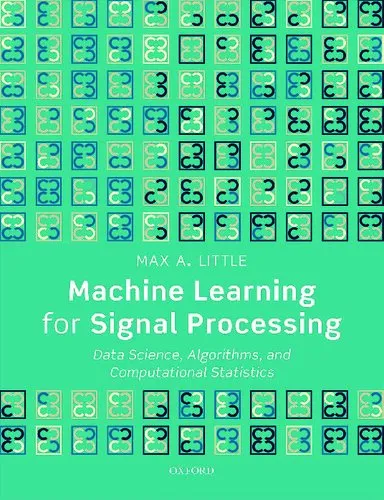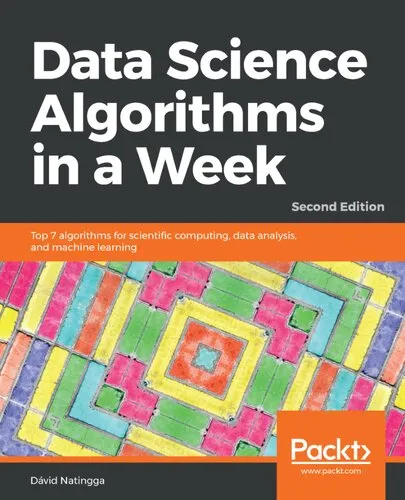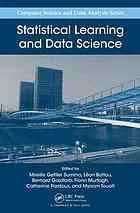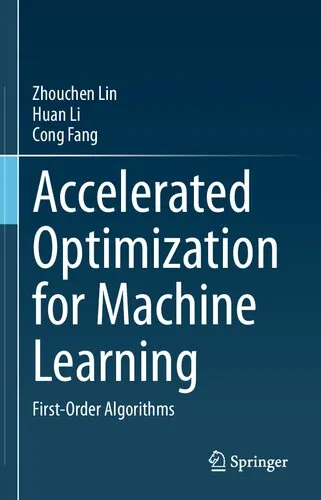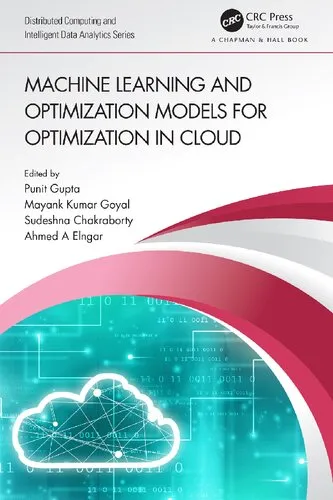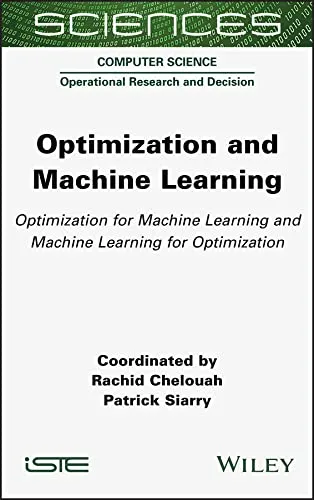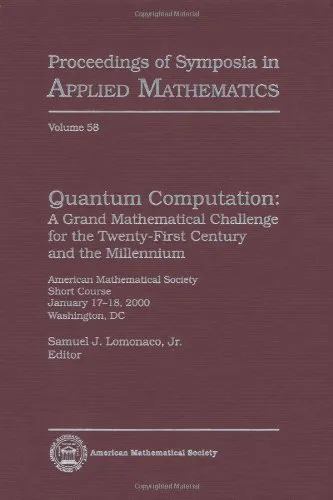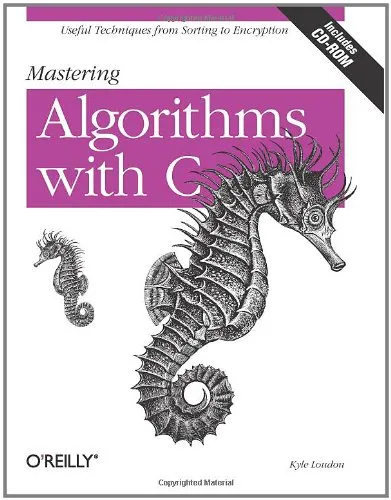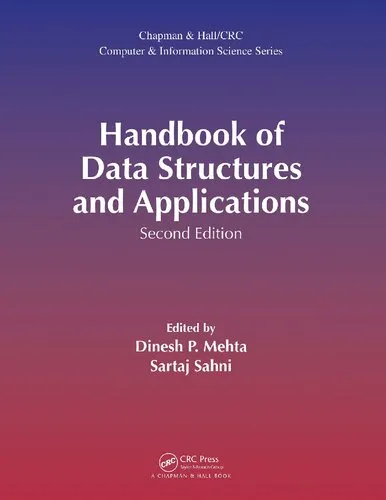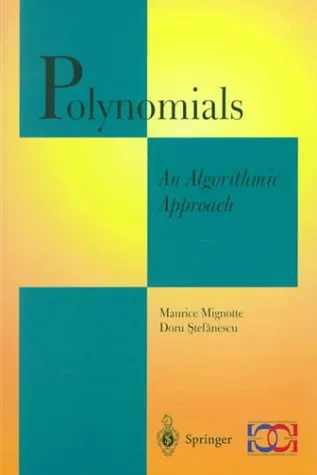Linear Algebra and Optimization for Machine Learning: A Textbook
5.0
Reviews from our users

You Can Ask your questions from this book's AI after Login
Each download or ask from book AI costs 2 points. To earn more free points, please visit the Points Guide Page and complete some valuable actions.Related Refrences:
Introduction to "Linear Algebra and Optimization for Machine Learning: A Textbook"
In the era of big data, machine learning has established itself as a cornerstone of modern computational methods. However, mastering the mathematical foundations is often a daunting challenge for learners and practitioners alike. "Linear Algebra and Optimization for Machine Learning: A Textbook" provides readers with a structured, detailed, and intuitive approach to understanding the key mathematical concepts that power contemporary machine learning techniques.
Written for a wide audience—from students to professionals—this book bridges the gap between pure mathematical theory and practical computational applications in machine learning. Through carefully curated explanations, worked-out examples, and insightful exercises, I aim to foster a deeper understanding of how linear algebra and optimization are intricately woven into machine learning workflows.
This textbook is not only a resource but a guided journey through the critical components necessary for developing highly effective machine learning models. No prior rigorous knowledge in mathematics is required, as the material is presented in an accessible fashion while delving into the depth needed for mastery.
Detailed Summary of the Book
The book is divided into two major components: Linear Algebra and Optimization Fundamentals. Together, these two mathematical disciplines form the fundamental backbone of most machine learning algorithms.
In the first part of the book, I provide a comprehensive introduction to linear algebra, starting from vectors, matrices, and their properties. Concepts like eigenvalues, eigenvectors, matrix factorization techniques (e.g., SVD), and projections are explained in-depth. Special attention is given to topics such as dimensionality reduction techniques, which directly impact machine learning problems like PCA.
The second half of the book dives into optimization, an essential aspect of training machine learning models. From gradient descent optimization approaches to techniques like Lagrange multipliers and convex optimization, this portion ensures that readers can map theoretical principles into their implementation in real-world scenarios. The linkage between optimization and machine learning is further illustrated by exploring problems like regularization and optimization-based formulations of classification.
Real-world examples and machine learning use cases are sprinkled throughout the text, making it easier to connect theoretical concepts with actual computational tasks. Importantly, the book blends theory with practicality, offering Python code snippets that complement the explanations and exercises.
Key Takeaways
- A clear understanding of foundational linear algebra concepts, including vectors, matrices, determinants, eigenvalues, and eigenvectors.
- Comprehensive coverage of optimization principles and methods that are critical to machine learning models.
- Exploration of real-world applications of linear algebra and optimization in algorithms like Principal Component Analysis (PCA), support vector machines (SVMs), and gradient descent.
- Worked-through examples, Python-based code implementations, and problem sets to deepen theoretical and practical understanding.
- Insightful discussions tying together mathematical insights and their immediate utility in machine learning workflows.
Famous Quotes from the Book
"Machine learning is not magic—it is a mathematics-driven approach to finding patterns in data."
"Linear algebra is the language of machine learning, while optimization is its compass."
Why This Book Matters
Machine learning is an ever-evolving field that demands a solid understanding of its mathematical foundations. Many resources either focus solely on coding and practical implementation or delve too deeply into abstract theory, leaving a gap for learners who need both in equal measure. "Linear Algebra and Optimization for Machine Learning: A Textbook" addresses this gap by integrating mathematical clarity with computational application.
Most importantly, this book matters because it equips you with the ability to critically analyze and solve machine learning problems by leveraging the core principles of linear algebra and optimization. These concepts are fundamental to improving the interpretability, applicability, and performance of machine learning algorithms. Whether you are a student seeking to excel in academic research, an engineer developing cutting-edge algorithms, or a professional in data science, the tools provided in this book will shape your understanding and elevate your skill set.
By the time you finish reading, you’ll not only gain a newfound appreciation for the mathematical rigor behind machine learning but also feel empowered to navigate the rapidly changing field with confidence and precision.
Free Direct Download
You Can Download this book after Login
Accessing books through legal platforms and public libraries not only supports the rights of authors and publishers but also contributes to the sustainability of reading culture. Before downloading, please take a moment to consider these options.
Find this book on other platforms:
WorldCat helps you find books in libraries worldwide.
See ratings, reviews, and discussions on Goodreads.
Find and buy rare or used books on AbeBooks.
1518
بازدید5.0
امتیاز1
نظر98%
رضایتReviews:
5.0
Based on 1 users review
g4
April 27, 2025, 5:53 p.m.
Mathematics knowledge is a prerequisite to understand machine learning. This book covers Linear Algebra and Optimization for Machine Learning in detail.
Questions & Answers
Ask questions about this book or help others by answering
No questions yet. Be the first to ask!
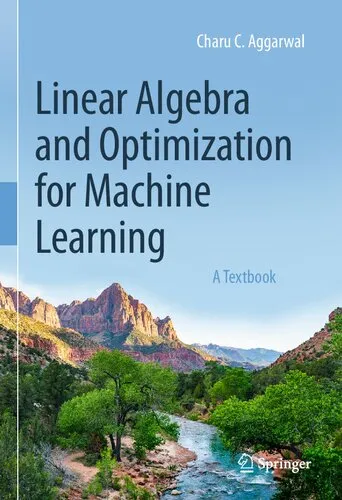
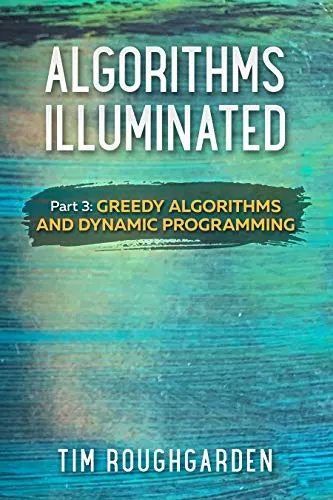
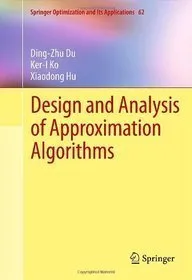
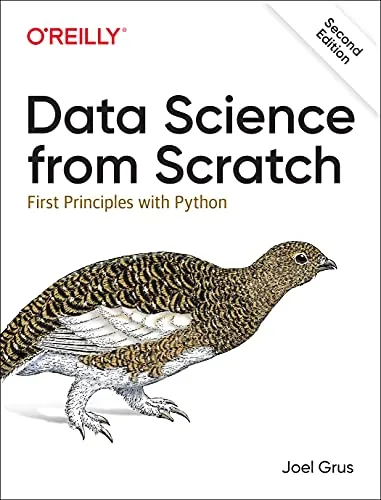

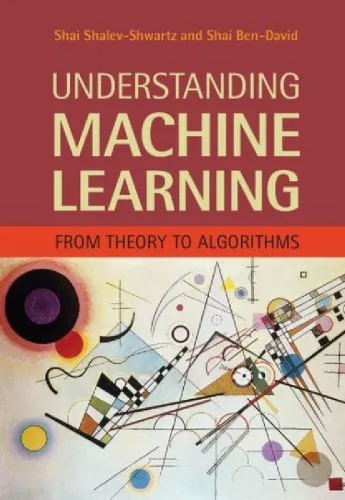
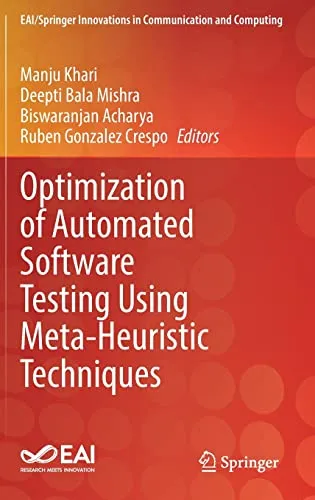

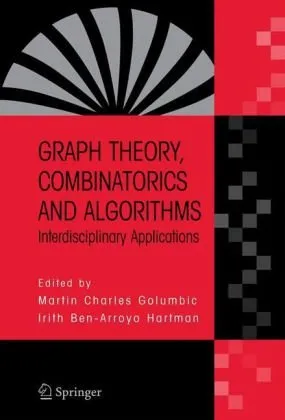
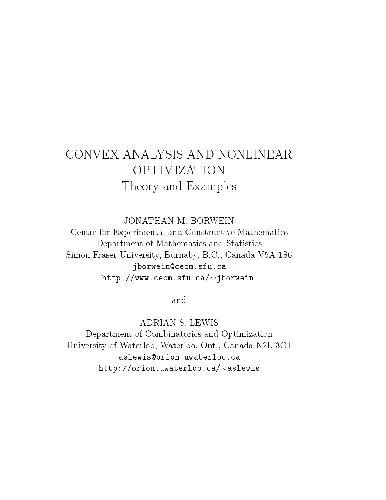
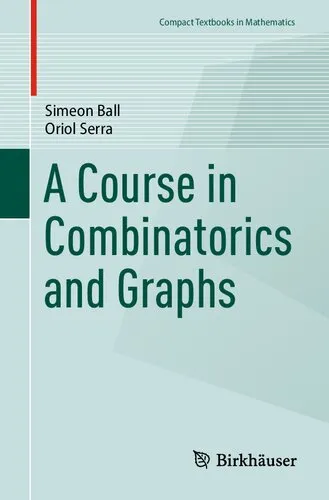
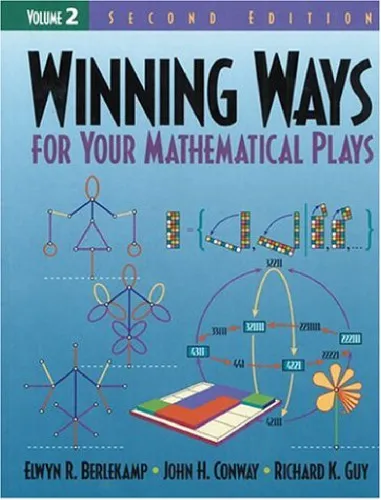
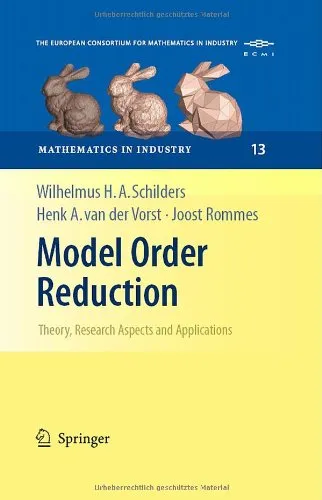
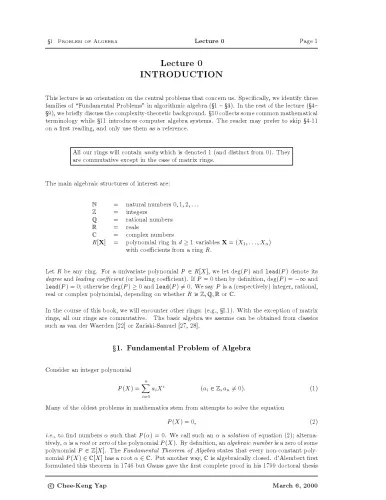
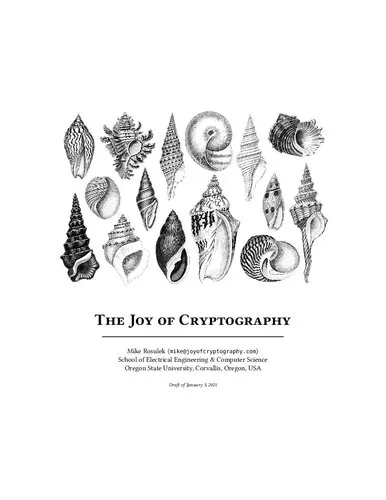
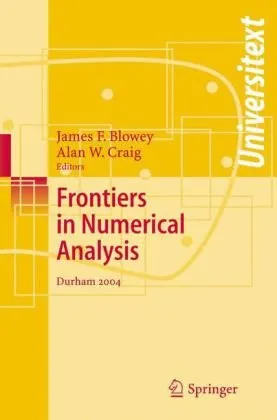
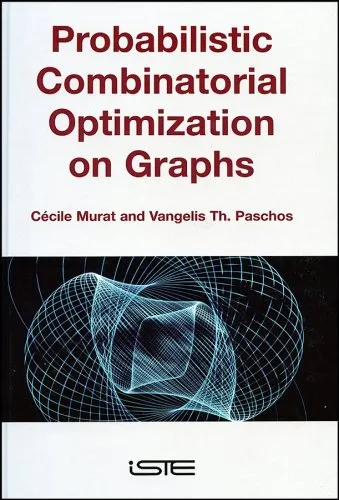
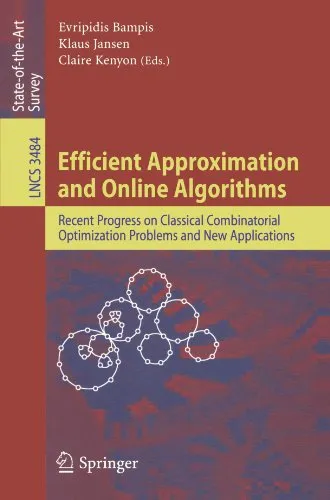
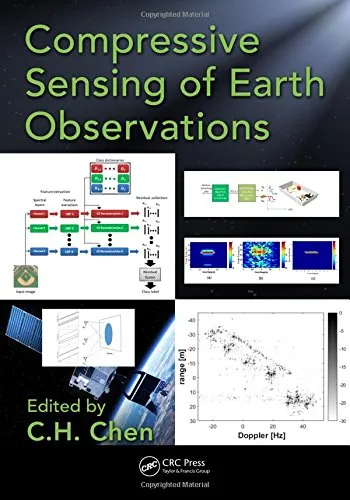
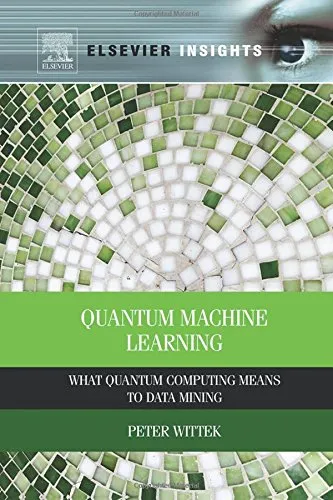
![Mining of Massive Datasets [Team-IRA]](https://s3.refhub.ir/images/thumb/Mining_of_Massive_Datasets__Team-IRA_19920.webp)
